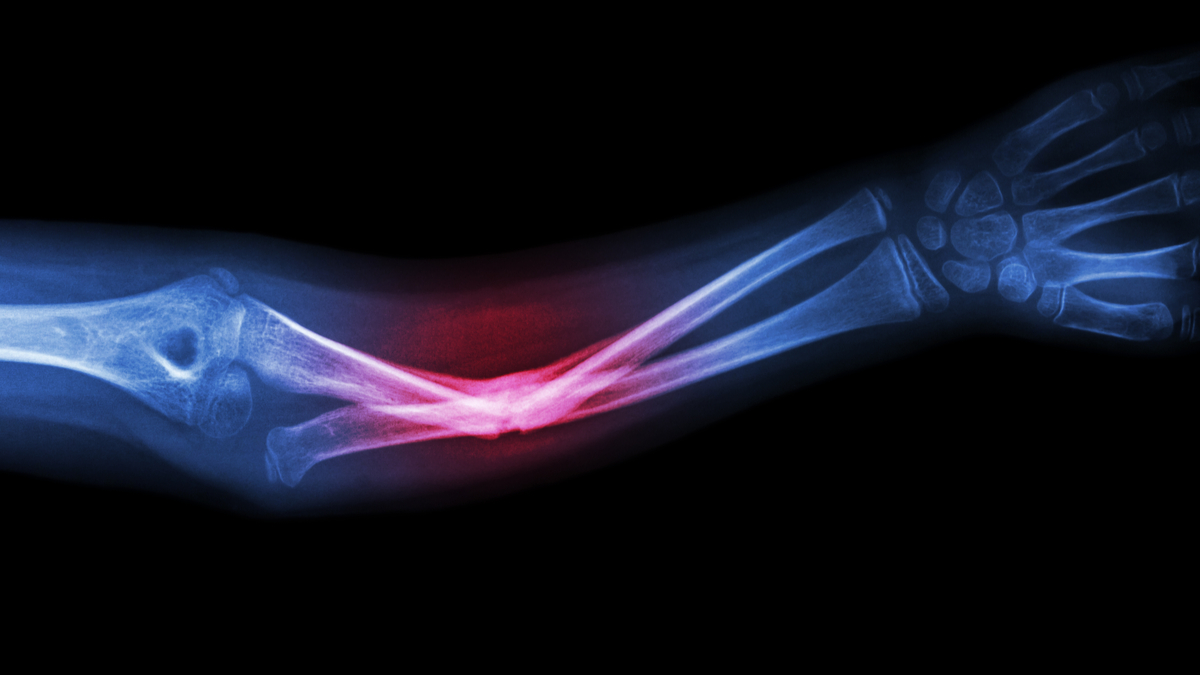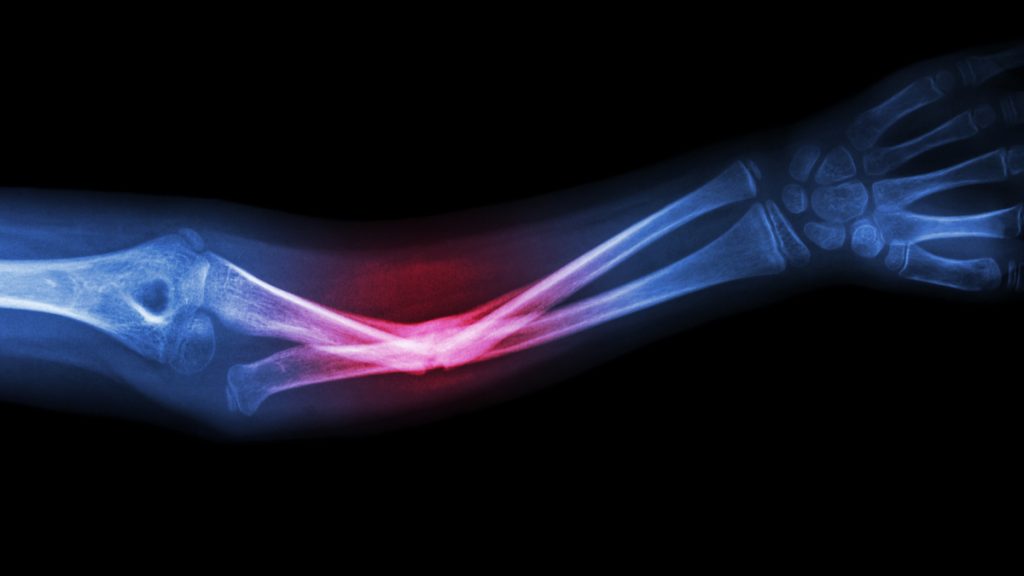
[ad_1]

Meatless diets have gained importance in recent years. While there are some benefits to not eating meat, it can also be harmful to your health. Notably, a new study has shown that meatless diets increase the risk of bone fractures.
Higher risks in vegans than in vegetarians and semi-vegetarians
The desire to protect animals is an excellent reason for adopting a meatless diet. While some choose to be vegetarians or vegans for this reason, others choose this path to lead a healthier lifestyle. In this case, it might be wise to review their choice as a new study has just shown that a meatless diet tends to increase the risk of bone fractures. According to research published in the journal BCM Medical, those who follow a vegan diet are 43% more likely to have broken bones than those who eat meat.
Remember that vegans are individuals who have eliminated meat and all animal products from their diet and life in general. The latter are the most at risk. But even vegetarians – those who do not eat meat, but who consume its derivatives – are not spared. Even semi-vegetarians – those who eat fish and eggs – are still at risk. According to the study, vegetarians and semi-vegetarians have a higher risk of hip fractures. These risks are particularly linked to a deficiency of bone minerals in people who do not consume meat.

A problem related to BMI and calcium and protein intake
To reach these conclusions, the researchers carried out medical follow-up on 54,898 individuals for 17 years. During follow-up, 945 hip fractures, 889 wrist fractures, 566 arm fractures, 560 ankle fractures and 366 leg fractures were identified. Of the 3,941 fractures reported by the participants, vegans, vegetarians and semi-vegetarians were considered disproportionately represented compared to those who ate meat. This finding was particularly pronounced when compared to hip fractures.
However, the authors specified that differences in fracture risk were partially reduced once body mass index (BMI) and dietary calcium and protein intake were taken into account. In fact, the scientists thus concluded that fractures are not only related to calcium and protein intake in non-meat eaters; but also to the BMI which is generally lower in the latter. ” Previous studies have shown that a low BMI is associated with a higher risk of hip fractures, and low calcium and protein intake has been linked to poor bone health. Explained the Dr Tammy Tong, lead author of the study, in a press release.
Regardless, this study has some limitations, the scientists told CNN. In fact, a good number of parameters were not taken into consideration by the researchers, in particular regarding the race of the study participants. The latter were largely white Europeans and there were far more women than men. The results would have varied greatly with another population. Furthermore, the assessments were carried out between 1993 and 2001. Since then, the diet – even in non-meat eaters – may evolve to provide more nutrients.
[ad_2]
Source link
